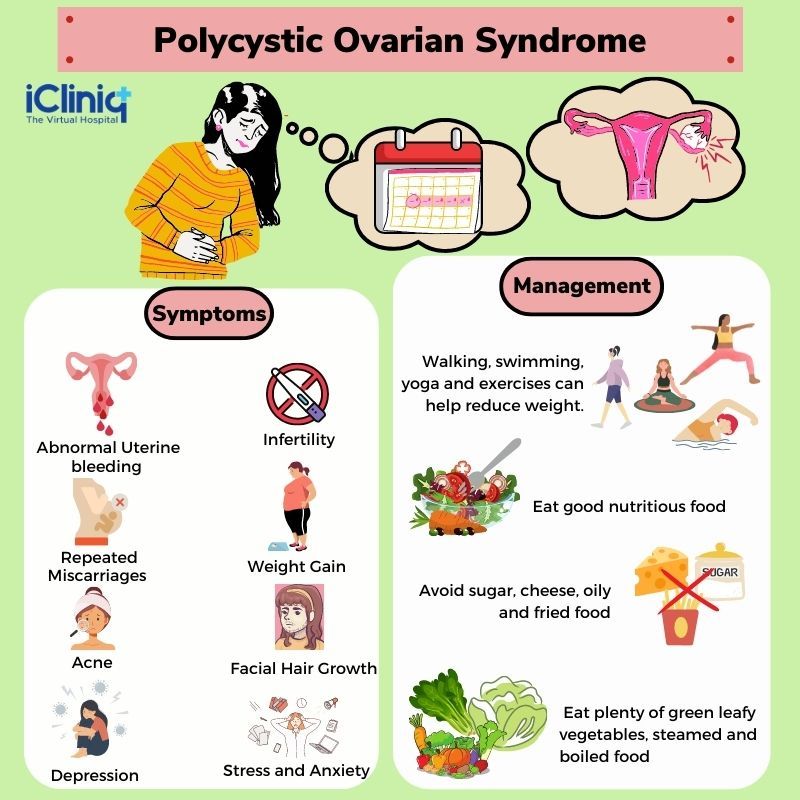Polycystic Ovary Syndrome (PCOS) is a common hormonal disorder that affects millions of women worldwide. Characterized by irregular periods, high levels of androgens (male hormones) and cysts on the ovaries, PCOS can lead to a range of symptoms including weight gain, acne, hair loss, and fertility issues.
Understanding PCOS
While the exact cause of PCOS is unknown, genetics, insulin resistance, and inflammation are believed to play a role in the development of the condition. Women with PCOS often have higher levels of insulin in their blood, which can lead to weight gain and difficulties in managing blood sugar levels.
Diagnosis and Treatment
PCOS is typically diagnosed based on a combination of symptoms, physical exams, blood tests, and ultrasounds. Once diagnosed, treatment options may vary depending on the individual’s specific symptoms and health goals.
Lifestyle Changes
One of the most effective ways to manage PCOS is through lifestyle changes. This includes maintaining a healthy diet, exercising regularly, and managing stress levels. Eating a balanced diet rich in fruits, vegetables, whole grains, and lean proteins can help regulate blood sugar levels and reduce insulin resistance. Regular physical activity, such as moderate-intensity cardio and strength training, can also help improve insulin sensitivity and promote weight loss.
Medication
In some cases, medication may be prescribed to help manage symptoms of PCOS. This can include birth control pills to regulate menstrual cycles, anti-androgen medications to reduce acne and hirsutism (excessive hair growth), and insulin-sensitizing medications to improve insulin resistance. Metformin, a commonly prescribed medication for PCOS, can help lower blood sugar levels and improve ovulation in some women.
Supplements
Some women with PCOS may benefit from taking certain supplements to help manage symptoms and improve overall health. Inositol, a type of B vitamin, has been shown to help regulate menstrual cycles, reduce insulin resistance, and improve fertility in women with PCOS. Omega-3 fatty acids, found in fish oil supplements, can also help reduce inflammation and improve hormonal balance.
Managing PCOS Long-Term
Managing PCOS is a lifelong journey that requires ongoing attention to diet, exercise, and overall health. Regular check-ups with a healthcare provider can help monitor symptoms, adjust treatment plans as needed, and address any new concerns that may arise.
Fertility Concerns
For women with PCOS who are trying to conceive, fertility treatments such as ovulation induction, in vitro fertilization (IVF), and intrauterine insemination (IUI) may be recommended. Working with a fertility specialist can help determine the best course of action based on individual circumstances and health goals.
Mental Health
Living with PCOS can be challenging, both physically and emotionally. Many women with PCOS experience symptoms such as depression, anxiety, and low self-esteem. Seeking support from a therapist, support group, or mental health professional can help manage these feelings and improve overall quality of life.
Conclusion
While PCOS can be a complex and challenging condition to manage, there are a variety of treatment options available to help women with PCOS live healthy and fulfilling lives. By making lifestyle changes, seeking appropriate medical care, and addressing any mental health concerns, women can effectively manage PCOS and improve their overall well-being.
